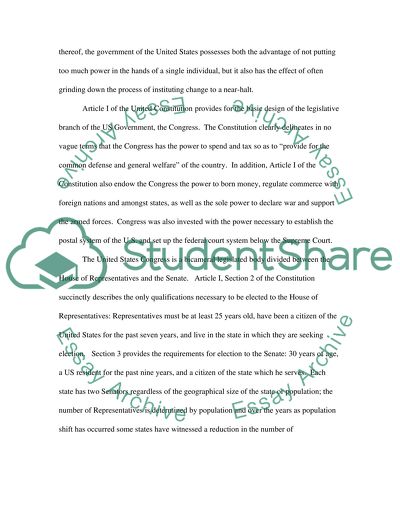Cite this document
(The Importance Of Constitution And Bill Of Rights Essay, n.d.)
The Importance Of Constitution And Bill Of Rights Essay. https://studentshare.org/law/1548624-constitution-and-bill-of-rights
The Importance Of Constitution And Bill Of Rights Essay. https://studentshare.org/law/1548624-constitution-and-bill-of-rights
(The Importance Of Constitution And Bill Of Rights Essay)
The Importance Of Constitution And Bill Of Rights Essay. https://studentshare.org/law/1548624-constitution-and-bill-of-rights.
The Importance Of Constitution And Bill Of Rights Essay. https://studentshare.org/law/1548624-constitution-and-bill-of-rights.
“The Importance Of Constitution And Bill Of Rights Essay”. https://studentshare.org/law/1548624-constitution-and-bill-of-rights.


